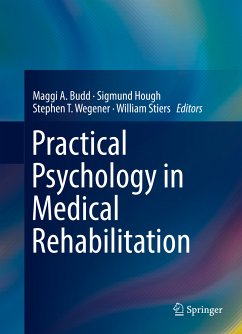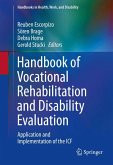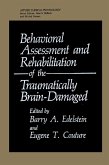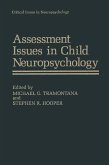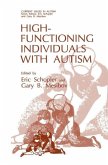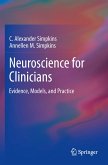Coverage spotlights these core areas:
·Basics and biopsychosocial practicalities, from behavioral medicine and psychopharmacology to ethical and forensic issues.
·Populations, problems, and procedures, including stroke, TBI, substance abuse, transplants, and severe mental illness.
·Assessment and practical interventions such as pain, anxiety, cognitive functioning, and more.
·Consultation, advocacy, and interdisciplinary teams.
·Practice management, administration, and professional self-care.
·Research, technology, and program evaluation.
Practical Psychology in Medical Rehabilitation is an essential professional development tool for novice (and a refresher for veteran) psychologists and neuropsychologists, as well as rehabilitation physicians, nurses, therapists, psychiatrists, and social workers. It presents in depth both the hallmarks of the specialty and the nuts and bolts of being a valuable team player in a medical setting.
Dieser Download kann aus rechtlichen Gründen nur mit Rechnungsadresse in A, B, BG, CY, CZ, D, DK, EW, E, FIN, F, GR, HR, H, IRL, I, LT, L, LR, M, NL, PL, P, R, S, SLO, SK ausgeliefert werden.

